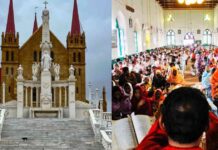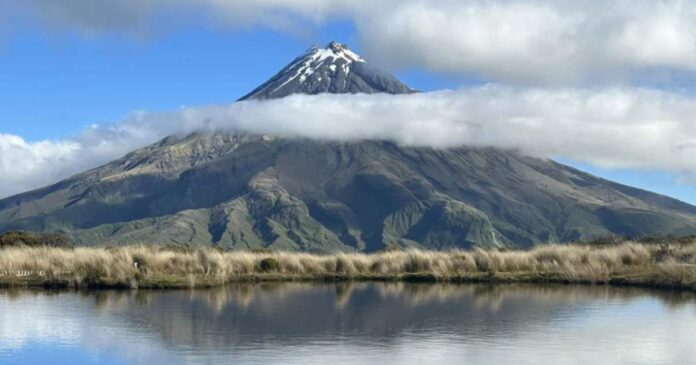It’s only January and we’re seeing the weirdest things happen. Currently, Taranaki Maunga, a sacred mountain in New Zealand, has been granted legal personhood by the nation. Legally, this means the mountain is entitled to have human rights and obligations. The bill that passed on Thursday is part of a larger movement to restore Māori rights and recognise the acts of injustice committed against them during colonisation.
Why was the Law Passed?
The mountain holds deep cultural, spiritual and historical importance for the Māori people of Taranaki. However, during colonisation, British settlers took the land and ignored Māori traditions. The New Zealand government has now recognised these past injustices and is making amends. This decision is part of a broader effort to return stolen land and recognise Indigenous rights.
How can a Mountain be a Person?
The new law grants Taranaki Maunga a legal identity under the name Te Kāhui Tupua. This status includes the mountain’s peaks and surrounding land. A new governing body will now act as the mountain’s voice. This group will include four members from local Māori tribes and four appointed by the government.
A Long History of Struggle
An ancestor to the Māori, Taranaki Maunga has watched over its children and grandchildren for centuries. In 1770, English navigator James Cook renamed it Mount Egmont. By the 19th century, the government had confiscated the mountain and much of the land around it. Māori traditions were outlawed and replaced with the encouragement of tourism.
In the 1970s and 80s, Māori activists fought to reclaim their cultural heritage. This led to greater recognition of Māori rights and language in New Zealand law. The government’s 2023 agreement with the eight Taranaki tribes was a step toward justice.
Read More: Black Boxes Recovered After Deadly American Airline Crash
What Does this Mean for the Mountain?
With legal personhood, the mountain’s rights will help protect its environment. The new status will prevent forced sales, restore traditional Māori practices and support conservation efforts. Authorities will keep the land open to the public, but will now protect it in a way that respects its cultural significance.

Other Places with Personhood in New Zealand
So, this is not the first time something like this happened; New Zealand has done this before. In 2014, the government recognised Te Urewera, a large native forest, as a person. The local Tūhoe tribe became its guardian. In 2017, the Whanganui River also gained legal personhood to protect its sacred status.
A Moment of Unity
New Zealand’s Parliament voted unanimously in favour of the law, with all 123 members supporting it. After the vote, the public gallery erupted in a Māori waiata (song) as a celebration. This moment of unity comes at a time of debate over Indigenous rights in New Zealand.
Granting personhood to Taranaki Maunga is more than just a legal move. It is a recognition of the mountain’s deep cultural meaning and a way to heal historical wounds. This decision helps protect Indigenous heritage and ensures future generations can honour and care for their sacred land.
Stay tuned to Brandsynario for the latest news and updates.











































